Description
A very cool direct trade co-op production coffee from Cafe Kreyol.
Haitian Blue is what made Haiti famous for coffee. At one time it was as rare, as tasty and as expensive as Jamaican Blue Mountain but unfortunately those days are long gone. The Haitian economy was toppled a couple times for a plethora of reasons (including corruption and earthquakes). The fields and farms went untended and were abandoned, later the coffee trees were mostly used for firewood to folks living in the area. Very sad start to this coffee but this should be a positive story for these beans represent the resurrection of awesome Haitian Coffee. Co-ops have stepped in helping with nursery’s, strain selection and processing. Operations like Cafe Kreyol and Singing Rooster have stepped in to provide outside financing and marketing, it has finally gotten to the point of pretty awesome coffee again but the most important factor is still growing; folks like yourself buying and loving the coffee.
Tasting Notes:
A brighter and wilder cup compared to the other Haitian coffees. Lemongrass and floral upfront with some very nice red fruit notes, on the sweeter side and balanced with a bakers chocolate like earthiness (a good contrast) found in the other Haitian coffees. Lighter roasts will let the exotic profile shine but be pretty punchy with a slight risk of grassy tones if you get a couple beans too close to first crack. Medium roasts were our favorite for its more balanced; a pronounced darker tone along with the more exotic floral and fruit, a little fuller bodied. Darker roasts touching 2nd crack are far less fruity and hold more true to the Haitian profile, a little floral acidity still comes through the cup but strong and smoky with almost no hint of being a ferment natural.
Roasting Notes:
Generally a light to strong medium roast coffee but from our group tasting, somebody liked it at almost every roast. Ferment naturals will always roast uneven. To extend the dry, one had to pile them up and/or not flip them often on the drying patios. This causes uneven drying. Some beans will roast a little quicker, some a little slower. When roasting these guys, I always judge them by the darker roast beans. try to keep those before 2nd crack. If doing a quick roast and follow those rules, you may want to flick out anything still clearly before 1st crack or risk some grassy tones. Good to let it setup a little longer at the lighter roast points.
The last 5-10 years has been the rebirth of Haitian coffee. They have resurrected the farms though social co-ops that work very hard to create a premium product to achieve very high dollar values. Which in turn greatly help rebuild the infrastructure while provide excellent jobs and opportunity. Solving the worlds problems one cup at a time.
Cafe Kreyol goes into some of the most impoverished and troubled areas that are within prime coffee growing territory, organizes farmers, teaches how to correctly process beans, guarantees purchase of the beans at way above market prices ensuring it goes directly to the farmers and strives to really turn around some of the more troubled areas, putting people to work at well above average wages and ensuring future livelihoods.
Joey, a good buddy of Burman Coffee and the head of Cafe Kreyol, brings his mission statement even to his US employees. He finds the hardest working individuals with great work ethics that for one reason or another have really been put down with employment and troubled times to help them recover and build a resume while also being able to help communities around the world. One can feel really good about supporting any of Cafe Kreyol’s projects and for the most part – really tasty coffees as well.
Cafe Kreyol projects including this one are project coffees, although tasty coffee, fresh and decent prep. A lot of the cost of these beans come from the social projects both the Co-ops and Cafe Kreyol sustain.
COOPACVOD
Nestled in the mountains just south of Cap Haitian, this is the oldest running cooperative in all of Haiti. COOPACVOD has over 850 members and workers and produces the only organic certified, arabica blue mountain coffee in all of Haiti.
Francis Dubois was a physics professor in Port Au Prince. He attended school in Miami. In 1980 he moved to Dondon, Haiti, and began to create what one day would become Coopacvod. Francis used the water from the nearby river to irrigate fields, power a water mill to generate energy and wash the coffee to prepare it for consumption. He then filters the water before allowing it to return to the river, in order to not add the coffee’s acidity to the water source. Francis is now the elected president of Coopacvod, and he uses his resources and his education to help create a sustainable business for themselves. Francis is in charge of our entire Own-a-Tree program and he also owns the largest Arabica Blue Mountain farm in Haiti. It is around 3 hectares total.
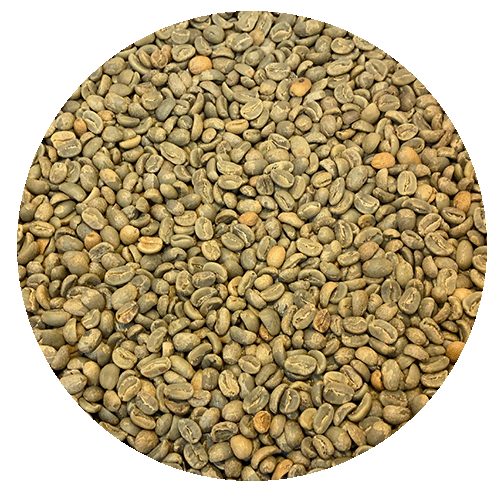
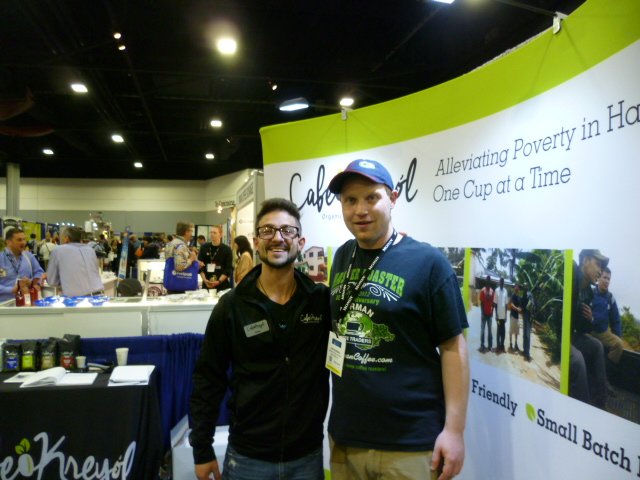
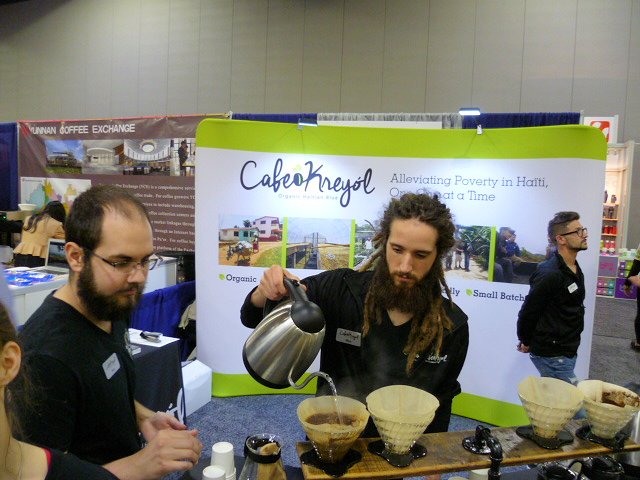
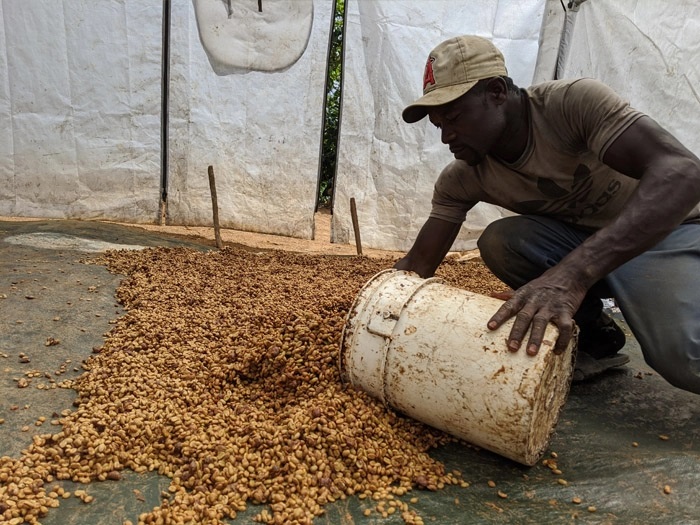
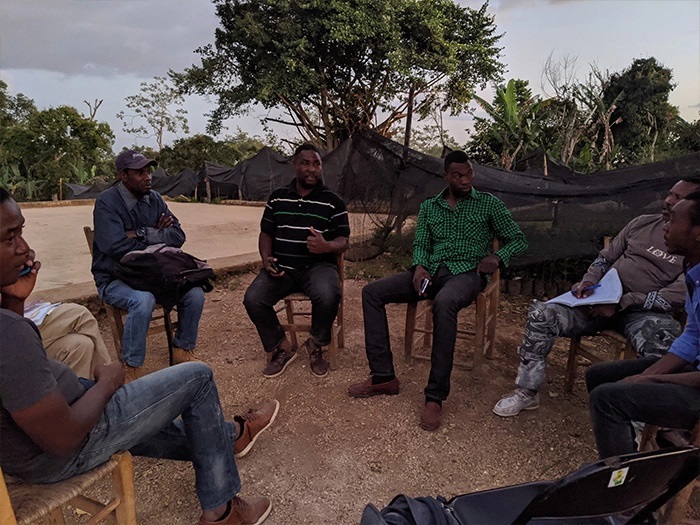
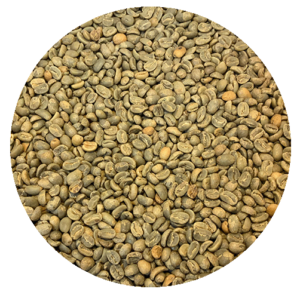
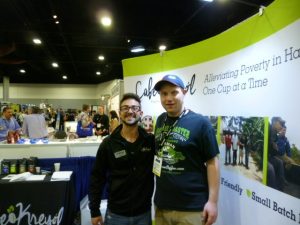
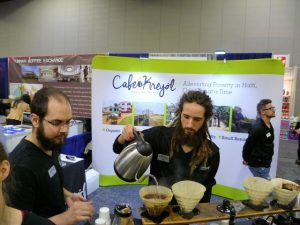
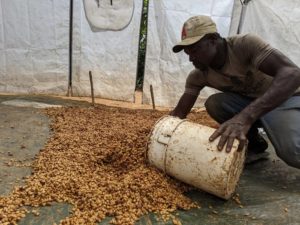
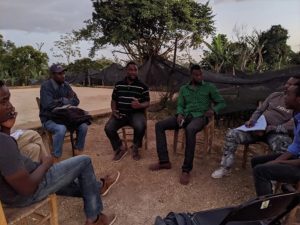
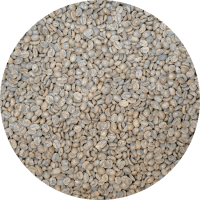
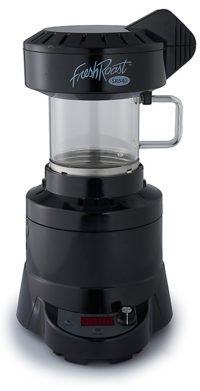
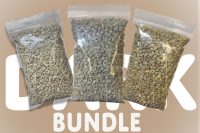
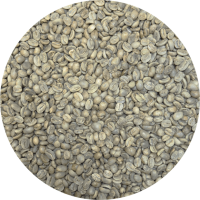

Reviews
There are no reviews yet.